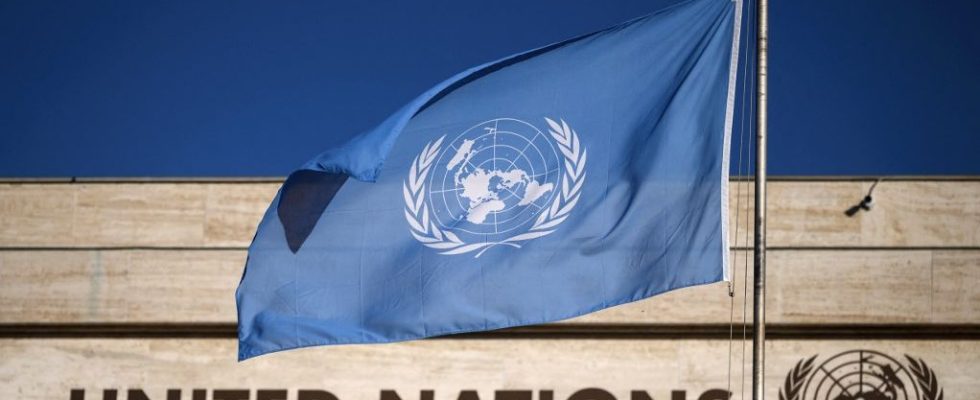A new roadmap for the management of chemicals around the world was adopted at the end of an international conference bringing together governments and businesses, which the UN urged on Saturday to go “even beyond what was agreed”.
The 5th International Conference on Chemicals Management (ICCM5), organized under the auspices of the UN, was held in Bonn this week.
This meeting of government representatives, but also companies and NGOs, resulted in a new “global framework on chemicals”.
“Exit of highly dangerous pesticides in agriculture by 2035”
“Based on 28 objectives, the framework sets out a roadmap for countries as well as stakeholders to collaboratively address the life cycle of chemicals, including production and waste,” welcomes the UN -Environment (UNEP) in a press release.
“The newly adopted framework calls for the prevention of illegal trade and trafficking of chemicals and waste, the implementation of national legal frameworks and the phase-out of highly hazardous pesticides in agriculture by 2035,” details UNEP.
It also advocates a transition towards safer and more sustainable chemical alternatives, responsible management of chemicals in several sectors (industry, agriculture, health, etc.) and improving transparency and access to data concerning these products and their associated risks.
France welcomes this new framework
“I call on governments, the chemical industry and all those involved to go further beyond what has been agreed to protect people and the planet,” urged Inger Andersen, Executive Director of UNEP.
“Delayed or partial implementation would come back to haunt us in the form of more deaths, more attacks on nature and economic losses,” she warned, quoted in the press release.
France, for its part, welcomed on Saturday a new framework “which will make it possible to progress towards a planet free of damage caused by chemicals and waste for a safe, healthy and sustainable future”.
“This Bonn Agreement completes, alongside the Paris Agreement (on the climate) and the Kunming-Montreal Agreement (on biodiversity), the commitments made by the international community to put an end to the triple planetary crisis climate disruption, loss of biodiversity and pollution,” underlined the Minister of Ecological Transition, Christophe Béchu, in a press release.

